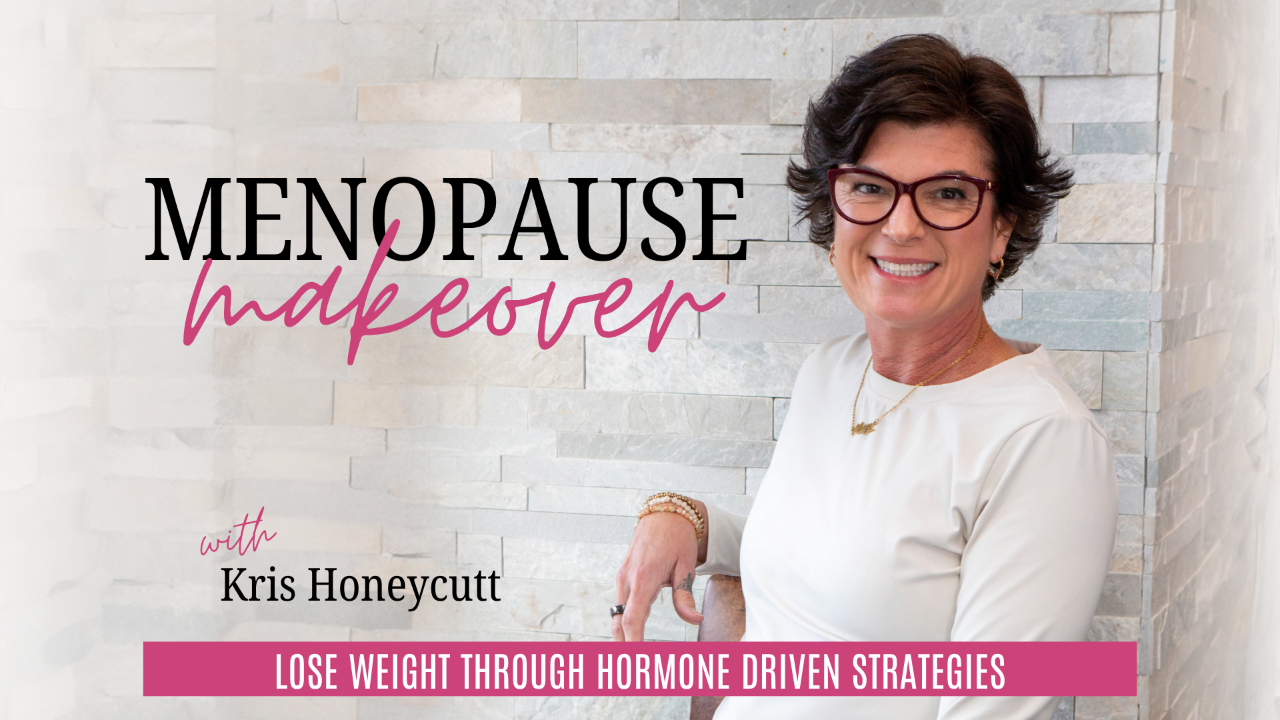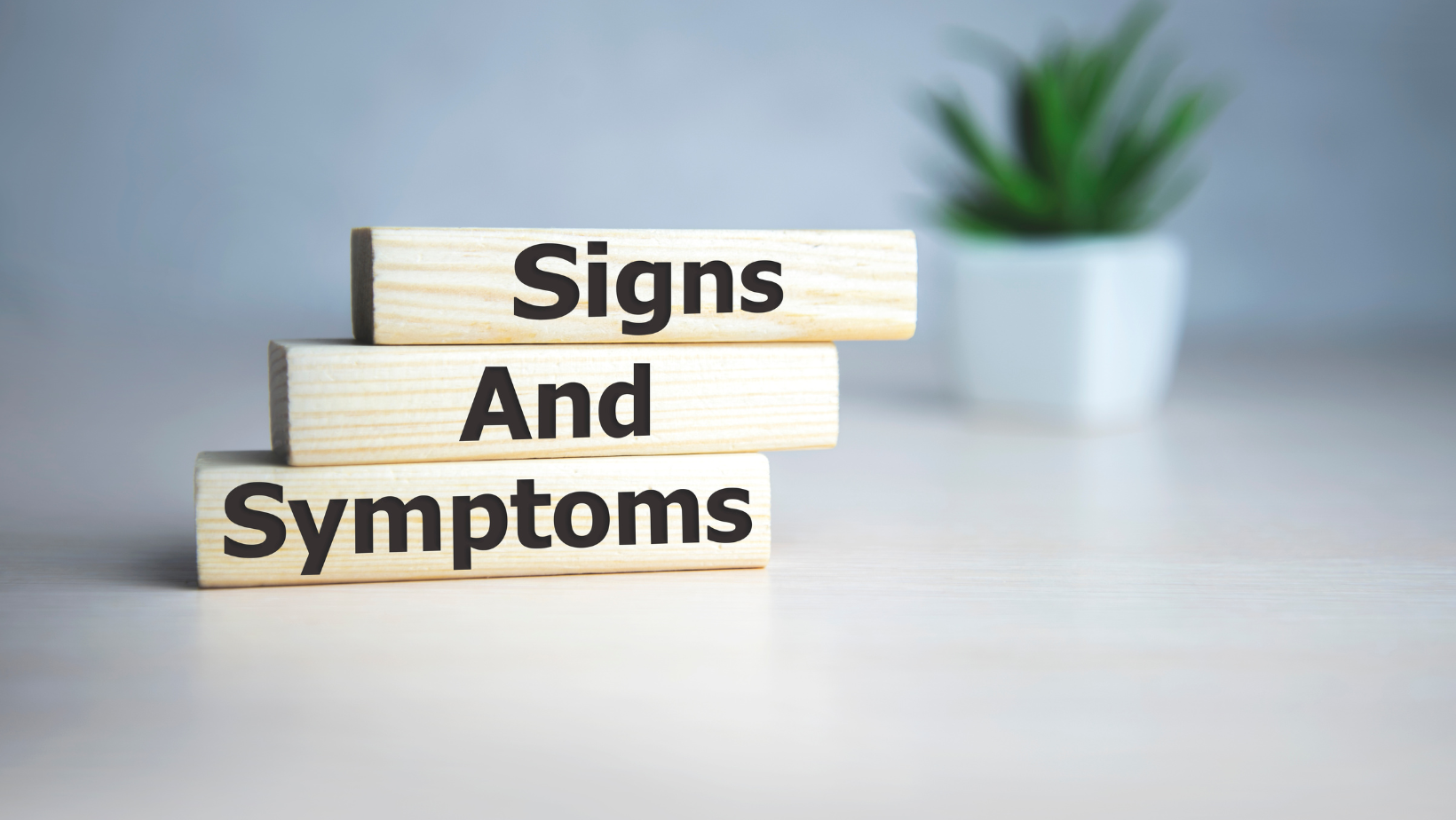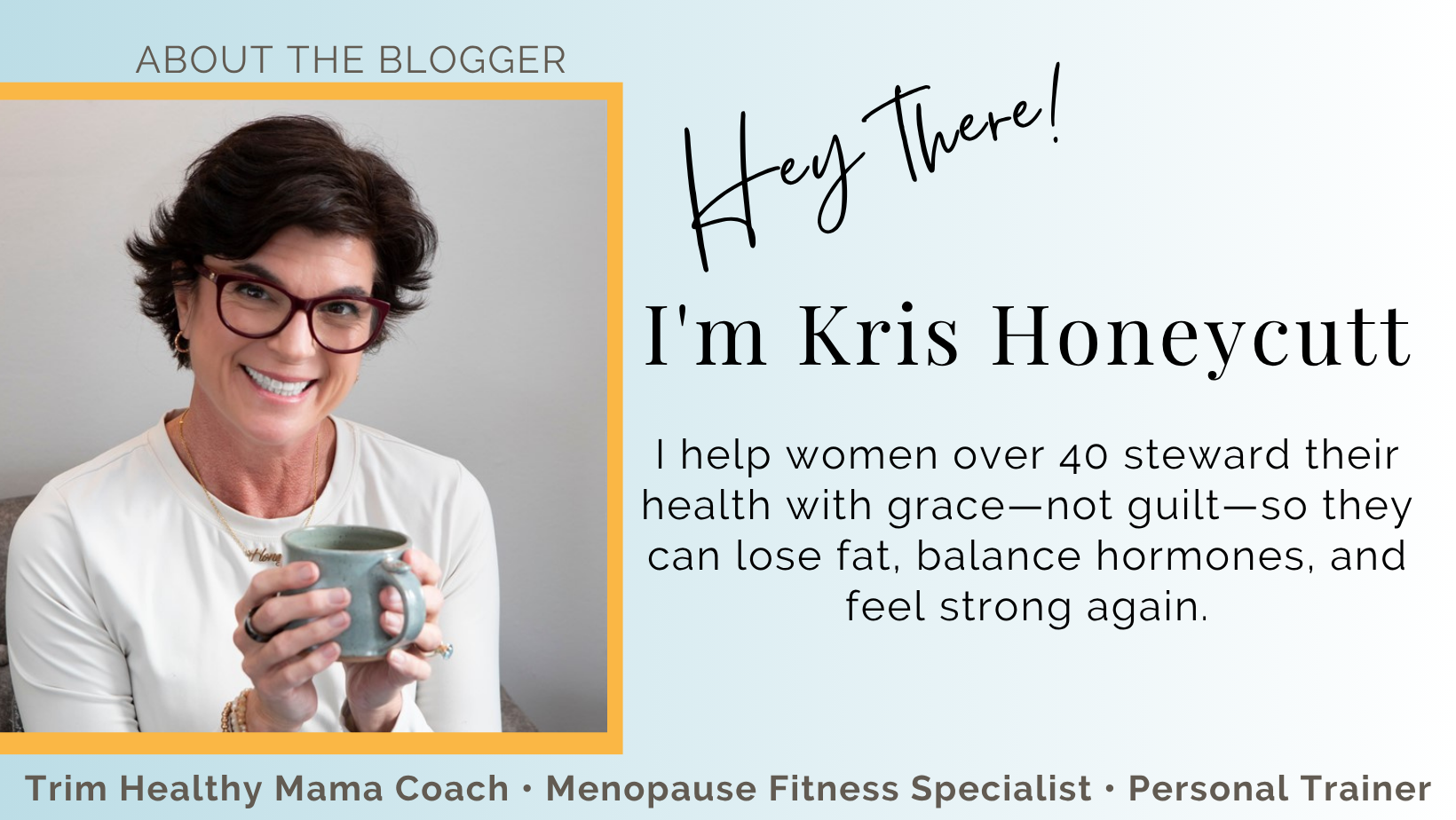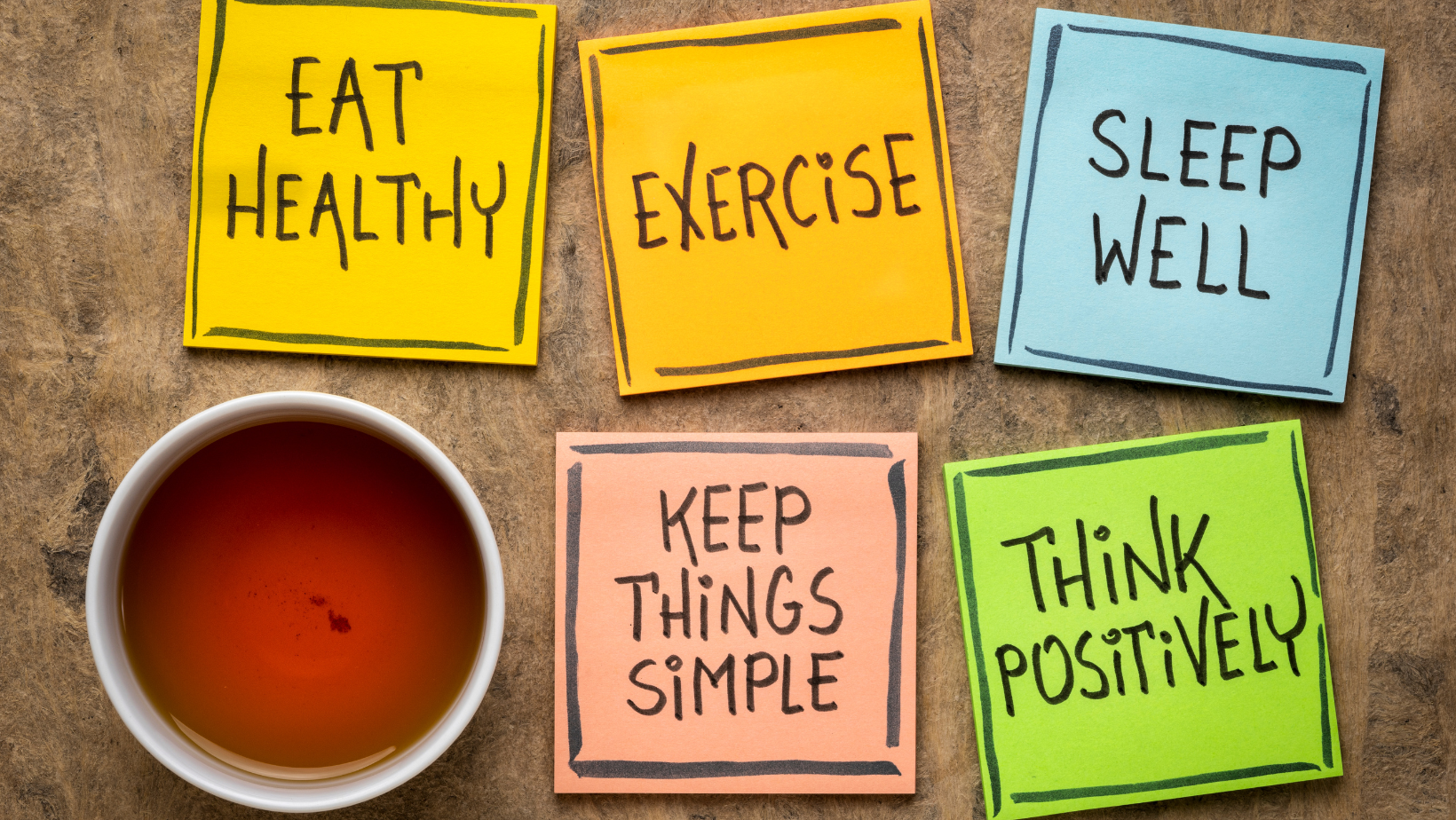5 Signs Hormone Imbalance Is Sabotaging Your Energy

Apple Podcast - Spotify - YouTube
If you’ve ever looked in the mirror and thought, “Where did she go?” — the woman with energy, motivation, and maybe even a little sparkle in her step — you’re not alone.
So many women I coach in perimenopause and menopause say the same thing: “I just don’t feel like myself anymore.” And you know what? I’ve been there too. In my mid-40s, I remember thinking, “Am I going crazy?” The brain fog, mood swings, fatigue, and weight gain felt like someone had swapped out my body and left me with one I didn’t recognize.
Here’s the truth: you’re not doing anything wrong. Your body is shifting. Your hormones are changing. And while it’s normal, it doesn’t mean you have to stay stuck.
In this post, I’m breaking down the 5 signs of hormone imbalance that could be draining your energy and stealing your joy — plus some hope-filled steps to start supporting your body with Trim Healthy Wisdom, strength training, and a whole lot of grace.
1. Hormonal Shifts: When It Feels Like the Rug Gets Pulled Out
Let’s start with the big one — hormones. In perimenopause and menopause, estrogen and progesterone decline. These two little messengers influence everything from your sleep and mood to your metabolism and energy.
When they’re out of balance, it can feel like your body isn’t cooperating anymore. You might notice weight gain (especially belly fat), restless nights, or mood swings that leave you wondering what’s wrong with you.
Here’s the good news: nothing is “wrong.” Your body was designed to go through this season. And while hormones may feel shaky, we serve a God who never changes. Ecclesiastes reminds us there’s a season for everything — including this one.
Supporting your hormones with protein-rich meals, balanced Trim Healthy S and E fuels, and consistent strength training can help steady the storm. And even small steps matter. 
2. Brain Chemistry Changes: Why You Crave Quick Fixes
Have you noticed more brain fog, anxiety, or dips in motivation lately? That’s not just “in your head.” As estrogen declines, so do neurotransmitters like serotonin and dopamine. These chemicals are tied to mood, motivation, and focus.
When dopamine dips, we often reach for quick hits: sugar, scrolling, shopping, even late-night snacking. It’s our brain’s way of saying, “Help me out here!”
One of the best ways to support your brain chemistry is with food and movement:
- Pair protein + fiber at every meal to steady blood sugar and mood
- Move your body daily (even a 10-minute walk boosts dopamine)
And don’t forget the mindset piece. Instead of shaming yourself for “caving,” remind yourself: This is biology, not failure.

3. Physical Symptoms: When Your Body Feels Like It’s Working Against You
Hot flashes, night sweats, joint aches, poor sleep… any of these sound familiar? These physical symptoms pile up, leaving you exhausted before the day even starts.
I’ll be honest: I found myself complaining a lot during this season. And while it’s okay to process our feelings, staying stuck in negativity only made me feel worse.
Here’s what helped me (and what I teach my clients):
- Evaluate your basics: sleep, stress, hydration, and movement
- Explore support tools: bioidentical hormone therapy (if it’s right for you), herbal remedies, or supplements
- Stay consistent with your Trim Healthy meals — your body needs fuel, not restriction
The goal isn’t perfection. It’s progress. Little by little, these habits make symptoms less overwhelming.

4. Body Composition Changes: The Belly Fat Battle
This one hits hard for so many midlife women. As estrogen declines, fat often redistributes to the belly (hello, muffin top), while muscle mass starts to drop. The combo of more belly fat and less muscle slows your metabolism and makes weight loss harder.
But here’s the hope: you can fight back. Building lean muscle through strength training is one of the most powerful things you can do in this season. Muscle isn’t just about looks — it boosts metabolism, balances blood sugar, and protects bone health.
Add in strategic Trim Healthy eating (protein at every meal, S fuels for satiety, and E fuels for energy) and your body will start shifting toward fat-burning again.

5. Identity and Lifestyle Pressures: More Than Just Hormones
Here’s the piece we don’t talk about enough: midlife isn’t just about hormones. It’s about everything else happening all at once.
Kids leaving home. Parents needing more care. Careers shifting. Grandkids arriving. Maybe you’re homeschooling teens while navigating menopause (yep, that’s me!).
The weight of it all can make you feel like you’ve lost yourself. But here’s where you have power: in how you show up and what you choose to believe.
Ask yourself:
- Am I going to live as a victim of these changes?
- Or am I going to walk in victory, leaning on God’s strength and stewarding my body well?
This is where mindset meets faith. You can’t control every symptom, but you can control your response — and that changes everything.
If you don’t feel like yourself right now, you’re not alone. These 5 signs of hormone imbalance — shifting hormones, brain chemistry changes, physical symptoms, body composition changes, and lifestyle pressures — are common in menopause and perimenopause. But they don’t get the final say.
Remember: this isn’t the end of you. It’s the beginning of a stronger, wiser, more resilient you.




